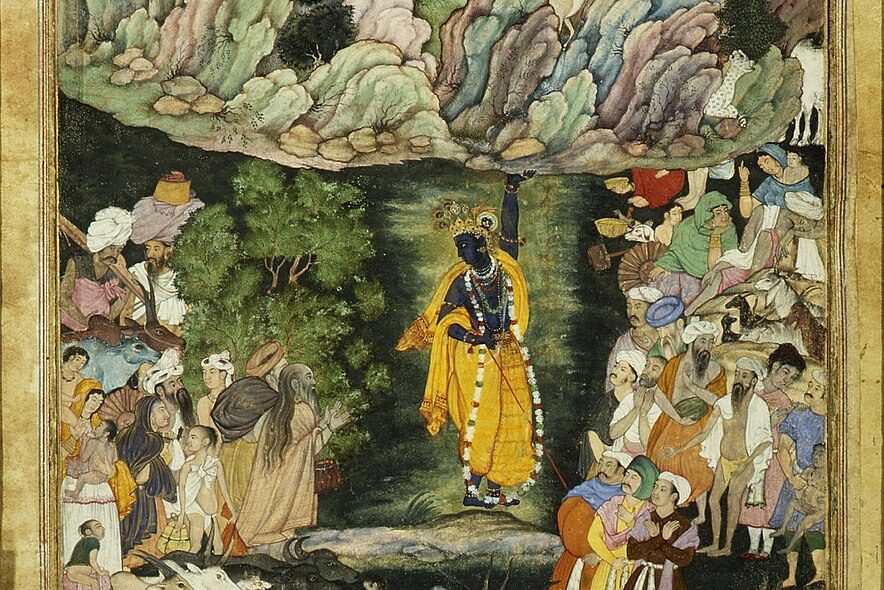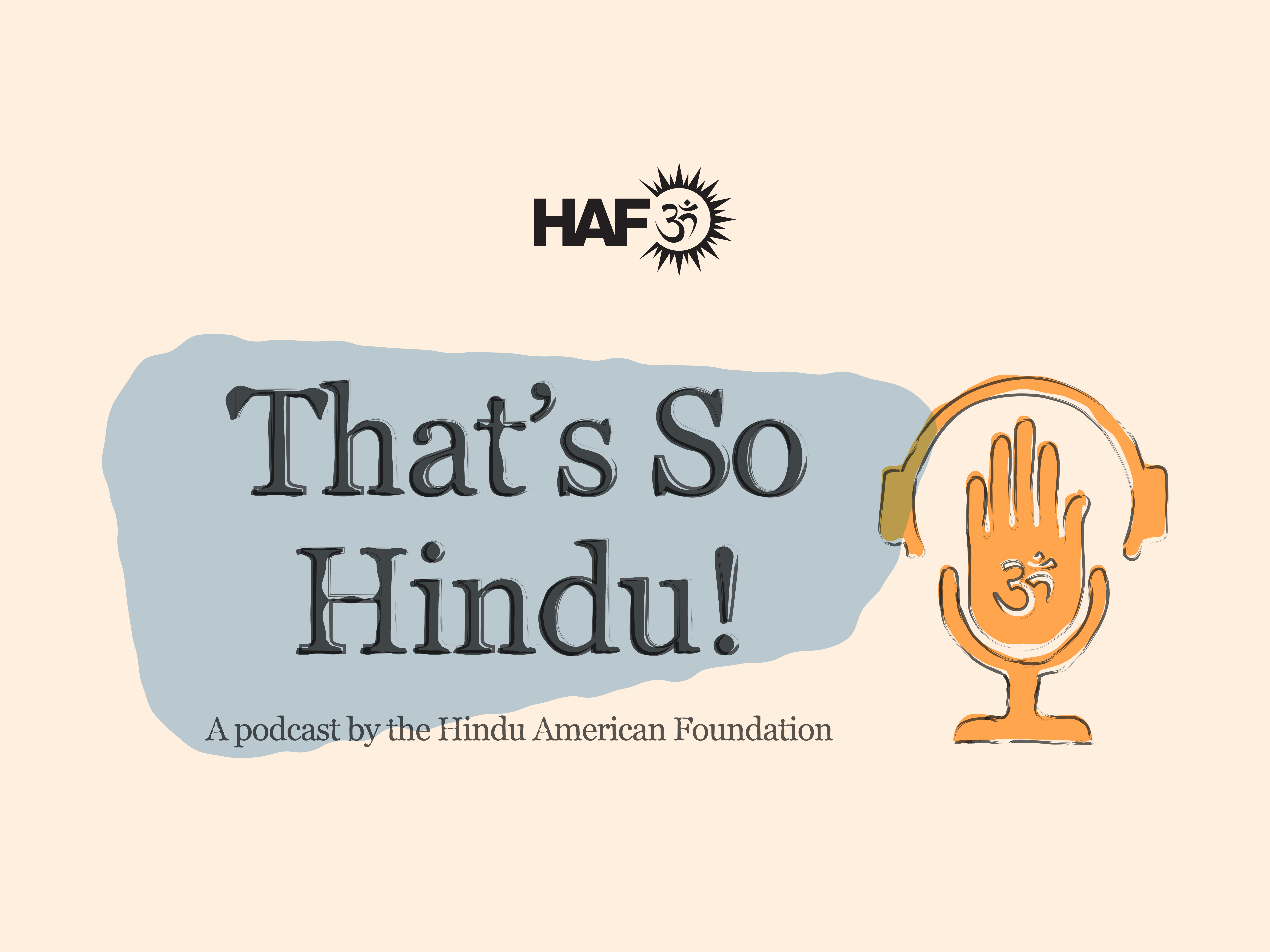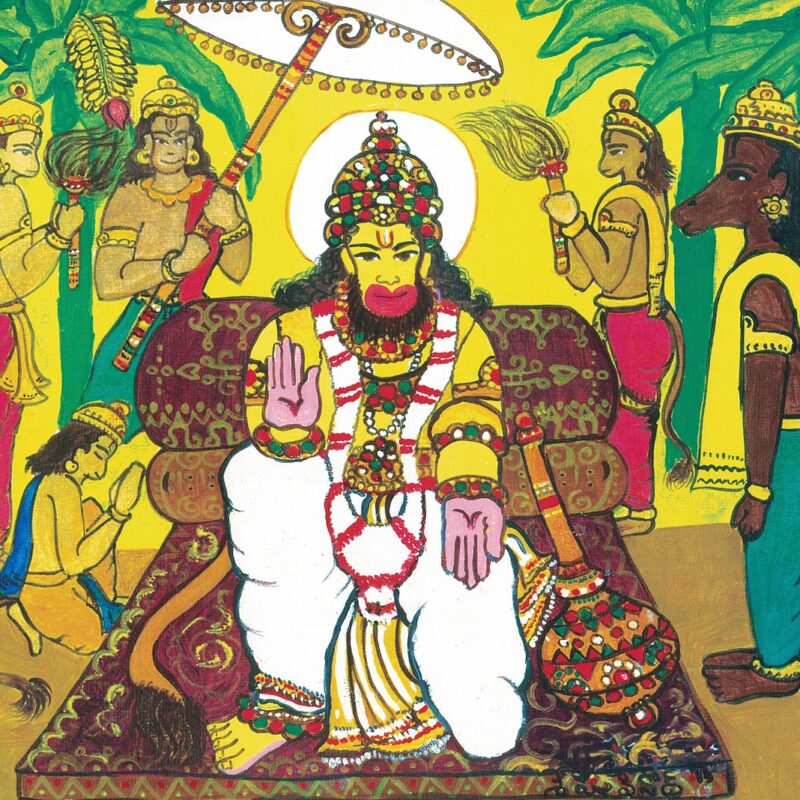
Service. There’s perhaps no other word that better sums what being a practitioner of bhakti yoga, or the Hindu path of devotion, is all about.
As the tangible expression of love, it is at the center of the tradition’s every aspect, and true aspirants hence flock to those who exhibit it in its highest manifestations, hoping to ride the waves of their compassion to similar heights.
For those of us who worship Krishna as the ultimate form and source of the Divine, the highest peaks of such manifestations are said to have emerged from the personalities who associated with him roughly 5,000 years ago, when he displayed his most intimate childhood pastimes as a cowherd boy of the sacred region called Braj, located in the modern-day state of Uttar Pradesh (north-central India).
While, generally speaking, these devotees are no longer physically accessible to the reaches of worldly men, there is one from Krishna’s time on earth who is so great and so compassionate, he has, over the millennia, remained available to all who endeavor to be in his presence.
To find him, one does not have to look very hard. Standing 100 feet tall, he is the most distinguishing feature of the sacred terrain, drawing millions to his darshan (auspicious glimpse) every year. He is the heart of that land. He is Govardhan — the hill.
Extolled throughout various parts of Hindu texts for numerous reasons, the story Govardhan is best known for, and that best expounds on his profound identity — not just as a personality but one of great devotional import — can be found in the Bhagavat Purana (a text detailing Krishna’s life on earth).
According to the text, this story began one day when Krishna asked his father, King Nanda, to forgo a puja he and the residents of his village, known as Vrindavan, had been preparing for in honor of Indra, the king of the heavens.
Though it was a yearly tradition to pay tribute to Indra for his role in supplying the rain that enabled all of their crops to grow, Krishna, who was divinely aware of the increasing pride this power had caused the god, wanted to teach him a lesson. Also wanting to establish the superiority of devotional humility in the face of such pride, Krishna told his father they should instead worship Govardhan.
Sure, from mundane eyes, the idea of honoring a hill over that who supplied the necessary nourishment for life might seem somewhat farfetched. But from the spiritual perspective, where all aspects of nature are imbued with divine personality, this hill meant far more to Vrindavan than Indra.
It was, as fitting Indra’s position, his celestial duty to shower the world with rain, Krishna argued. Govardhan, on the other hand, who provided the pastures, groves, caves, lakes, waterfalls, and other natural settings that facilitated Krishna’s countless loving pastimes with his family, friends, and cows, didn’t give just one resource out of obligation, he offered his entire body in loving service to the village. As such, it was incumbent on them all to show their gratitude by honoring the hill to the fullest extent.
Desiring to please his son while also keeping with tradition, Nanda suggested they perform a separate puja for Govardhan on top of the one they already had planned for Indra. Krishna, however, insisted there wasn’t enough time to execute the necessary arrangements for yet a second one, and that they should promptly use what puja items they had for Govardhan and Govardhan alone.
Overpowered by fatherly affection, Nanda eventually relented, as he launched into planning for the hill’s worship, including the preparation of an enormous feast, the decorating of the village cows and bullock carts, and the inviting of anyone and everyone for what would be a celebration unlike any other.
When it was time for things to start shortly thereafter, the villagers assembled in a festive mood, dressed in their finest garments. Organizing themselves into a colorful procession, they then circumambulated the hill to the exuberant and vibrant sound of kirtan, at the end of which they offered the feast — symbolically presented in a mountainous display — to Govardhan.
To the astonishment of all, Krishna, upon this offering, suddenly and mystically assumed a colossal spiritual form. Taking advantage of the moment to universally enforce the idea that worship of the hill was just as devotionally significant as worship of himself, who was ultimately the divine center of their reality, he declared, “I am Govardhan,” and proceeded to eat the feast with great satisfaction.
Stunned by the extraordinary exhibit, the villagers looked on in amazement, soaking in the purport of the message. If Krishna was their life and soul, then all who brought him pleasure certainly was as well. Their hearts full and their senses enlivened, they thus bowed their heads in love and gratitude, elated by the realization.
Indra, however, didn’t feel quite the same. When learning the villagers had forsaken his worship in favor of Govardhan, he became consumed by anger. Deciding to punish them, especially Krishna for his role in their insolence, he sent torrents of violent rain, enveloping the village in a furious assault.
Completely helpless amidst the wild tempest, everyone looked to Krishna, who in all circumstances was their only shelter. Indebted to them for their unconditional devotion, he happily assured them they had nothing to fear. Then with one hand, as easily as a child picks up a flower, he picked up Govardhan Hill, and beckoned for all to gather under the safety of its covering.
For seven days the storm raged on, as thunderous lightning blazed the sky to winds that shrieked and howled. And though immense waves of water and chunks of ice fell from the heavens like piercing arrows, engulfing the village fields and pastures in floods, Govardhan, who Krishna unflinchingly held for the duration, humbly absorbed Indra’s attack, protecting those who were under him from harm.
Baffled by the wondrous show of power, Indra, understanding the cowherd boy’s divine identity, ceased his onslaught. Realizing the error of his ways, he subsequently appeared before Krishna in a submissive mood, apologizing for his actions, which were fueled by false pride and arrogance.
Pleased by Indra’s sincerity, Krishna forgave Indra, who after paying his final respects, returned to his heavenly abode, as the residents of Vrindavan embraced Krishna with great joy, thereby concluding the most famous pastime regarding Govardhan Hill.
Today, followers throughout thousands of temples continue to celebrate this pastime all over the world with great pomp and splendor, cooking huge feasts, which are liberally distributed to the public.
Remembering the way Krishna protected his loved ones, as well as the emphasis he placed on the potency of unwavering devotion, not only to himself, but more importantly to his devotees, countless also visit Govardhan every year, aspiring to imbibe even a spec of his devotion.
Such a mood of service is so powerful, nothing can overcome it — not even the strength of a god.
If you enjoyed this piece, then you may also be interested in reading “All about Shriji: the temple dedicated to the queen of bhakti”











































